Your Biological Age Is What Matters, Not Your Birth Date?
As the saying 'Age is just a number' stands so true, your so-called birth date does not actually tell you how young or old you actually are.What really matters is your 'biological age'. How young and healthy one is from within really defines how young a person really is. One's biological age is a far better indicator of their health than their age in years.Read on to find out why...?
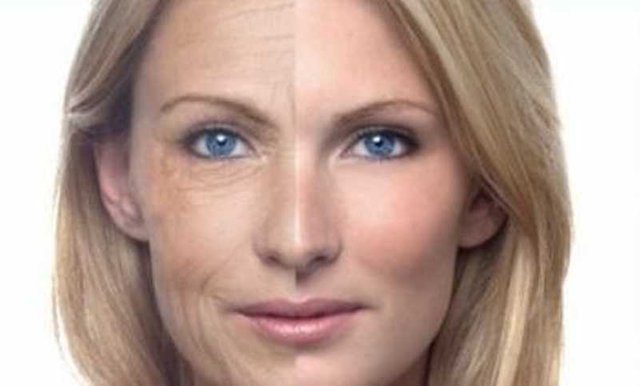
Study that was published in the journal Molecular Cell.
A study that was published in the journal Molecular Cell, showed that Biologist Trey Ideker and his team at the University of California, San Diego discovered rapid ageing in HIV patients. They found out that these patients were susceptible to age-related diseases such as heart disease, osteoporosis, and dementia five years earlier than their non-infected peers. It is not clear whether it is anti-retroviral drug treatments or if it is the virus itself that causes this.
So what is one's biological age, and how is it different from the chronological kind?
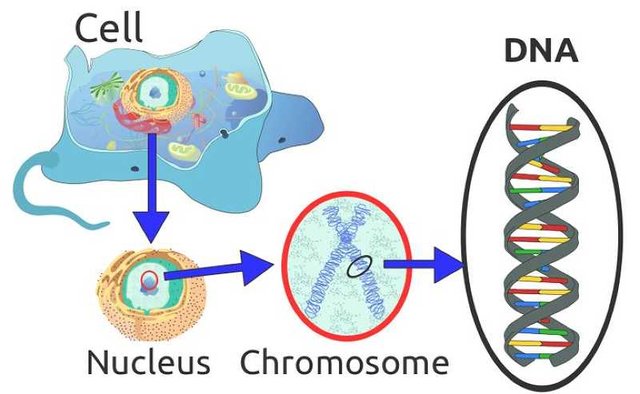
What are telomeres?
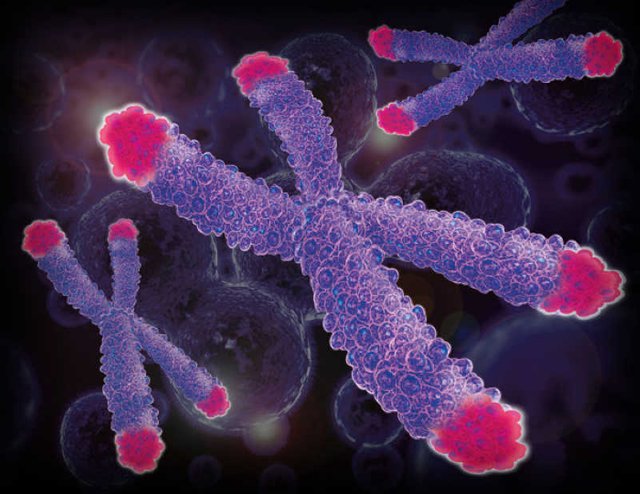
Telomeres determine how long cells live and when they die. These telomeres reside at the ends of chromosomes and they are responsible for protecting the ends from fusion with other chromosomes including deterioration. So, a telomere's length actually helps determine when a cell meets its end. A bead falls off the end of a chromosome every time a cell divides. Simply said, the longer one lives in years, the shorter the length of their telomeres. People with telomerase mutations are more likely to die early. Evidence suggest that leading a healthy lifestyle may help to maintain the length of telomeres.
Now let's talk about DNA methylation
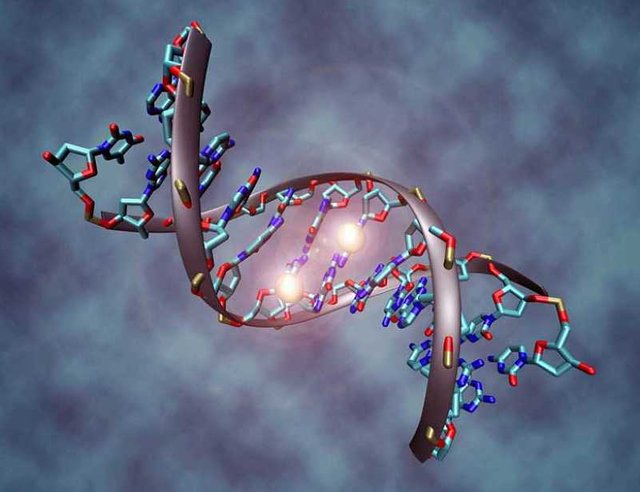
Methylation are labels that tell cells whether they should lock genes in the ON or OFF position. Methylation aids in the process of cell differentiation, and this is why a heart cell and brain cell can be coded the same, but they function differently.
What was the idea of UCLA geneticist Steve Horvath's study?
Geneticist Steve Horvath decided he wanted to see if methylation could predict a person's age using tissue and cell samples. The idea was to determine one's biological age and in that, their susceptibility to age-related diseases. He took 8,000 samples from 51 different kinds of cells and tissues. Soon, Horvath discovered that one's chronological age was often very different from their biological one.
Brain cancer samples.
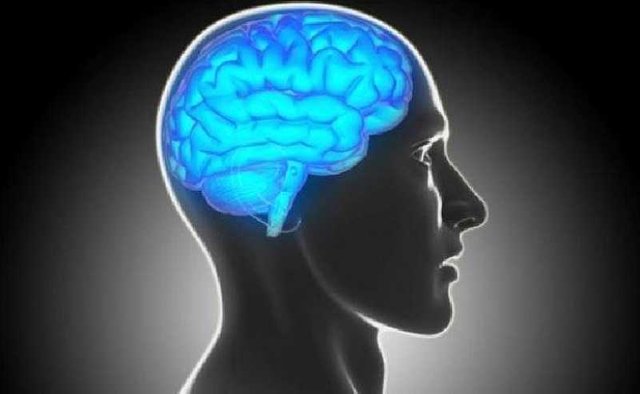
In another experiment, Horvath took tissue samples from childhood cancer patients. Some brain cancer samples were found to have a biological age of 80 years.
And now for some good news!
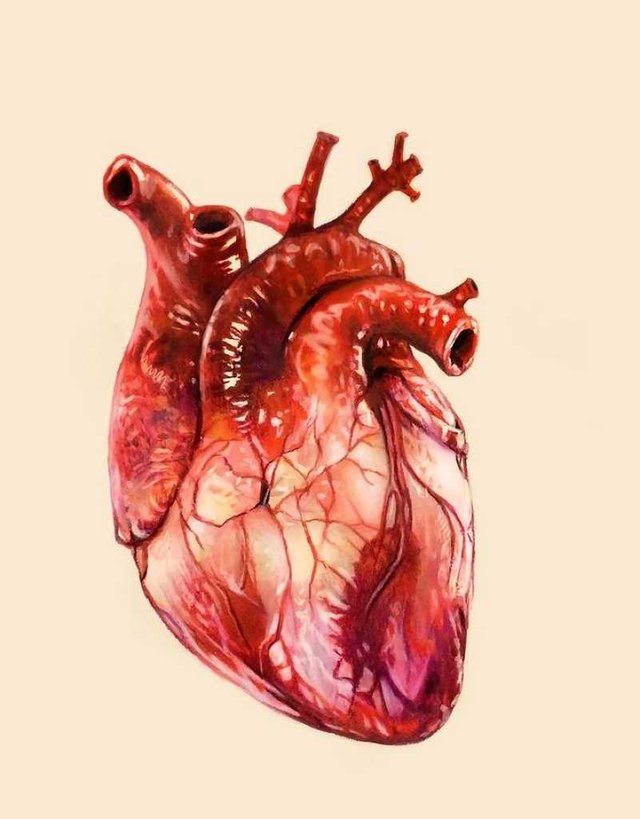
Human heart tissue was found to be younger than many other parts in the body. Stem cells are often recruited to help create new cardiac muscle. Now, that's really something good to hear, isn't it?
Hopefully these studies could undo aging.
Hopefully with these studies, researchers can discover new therapies to treat age-related diseases, and might even find a way to undo aging itself! According to Horvath, "The big question is whether the biological clock controls a process that leads to aging. If so, the clock will become an important biomarker for studying new therapeutic approaches to keeping us young."Hopefully, this study brings out something positive, and we could all stay young, healthy and live longer!

excellent write up dear.. learning the kind of ways i love to learn... @veeru thanks for this excellent post...keep it up
thanks kenhudoy.....
welcome and more of such ...do also find time to check my blog posts
you are a good writer..
thnks himsweta...
Great unique post. Loved reading it. Upvoted and following u as always. Regards Nainaz
thanks...nainaztengra